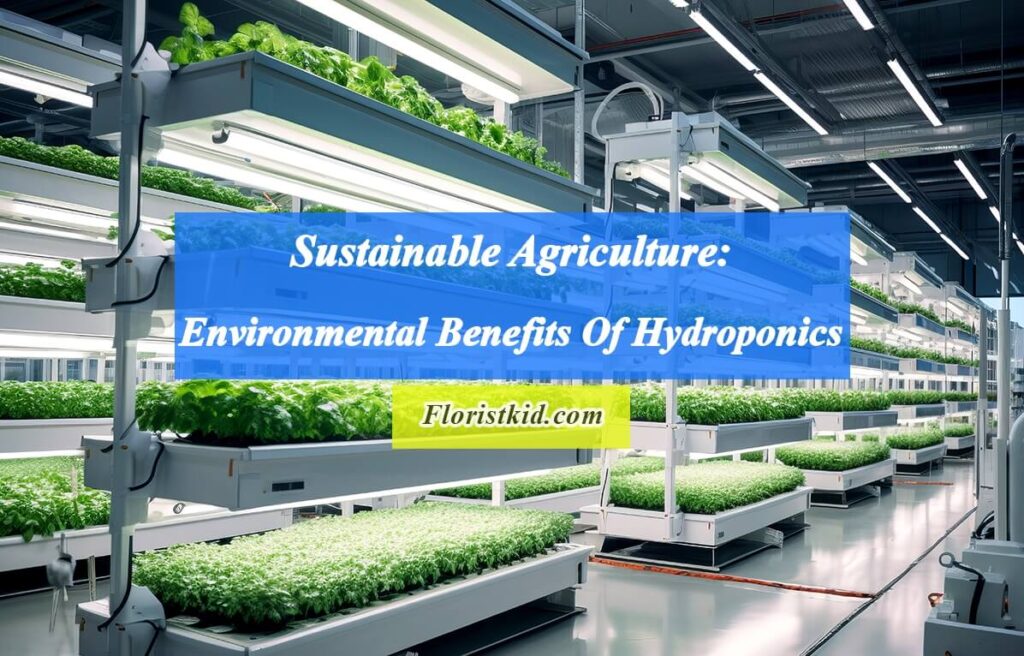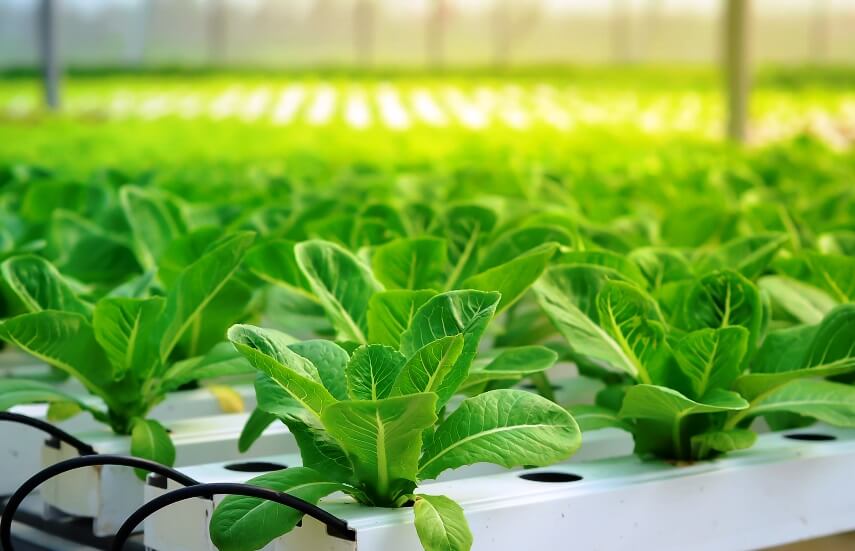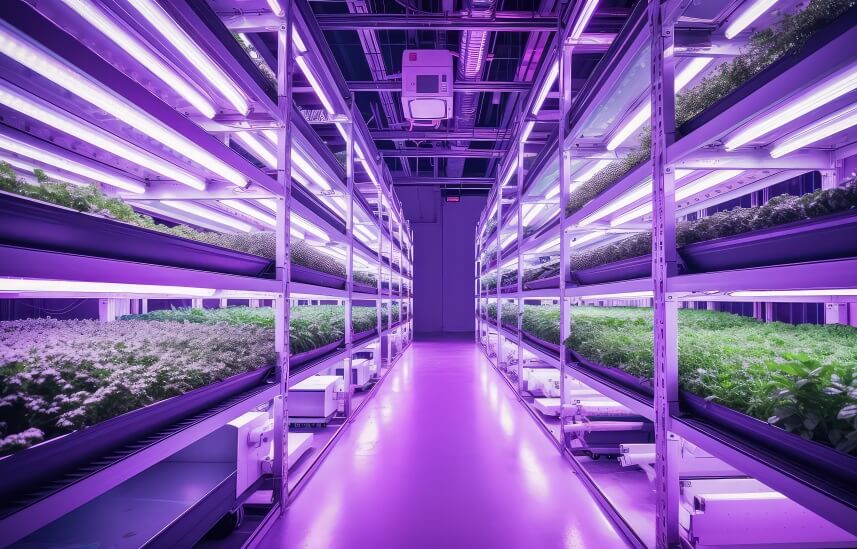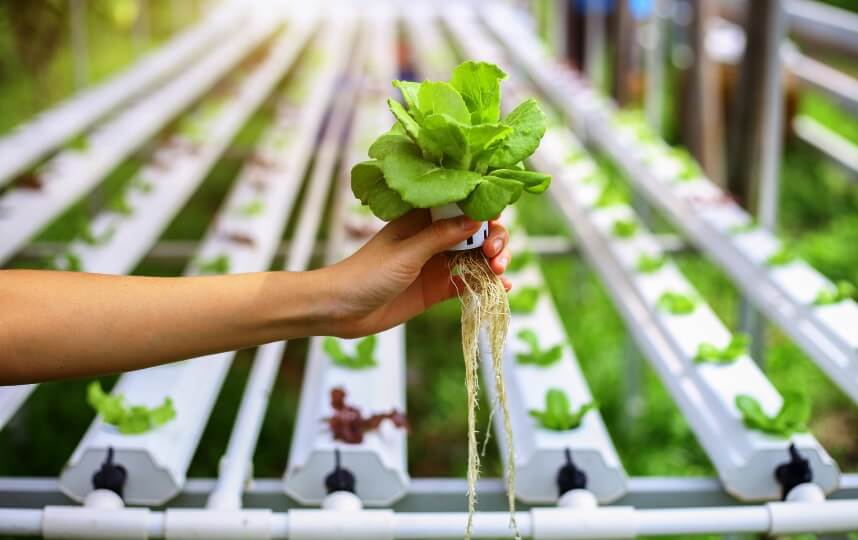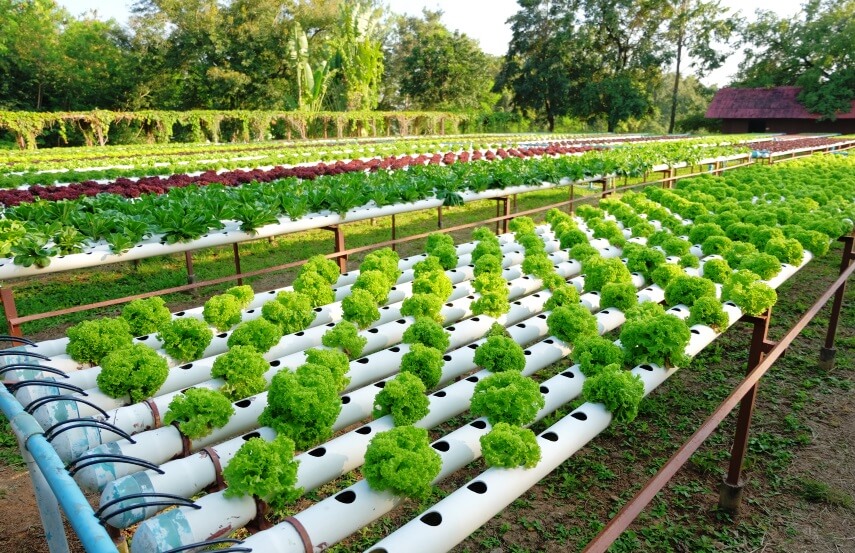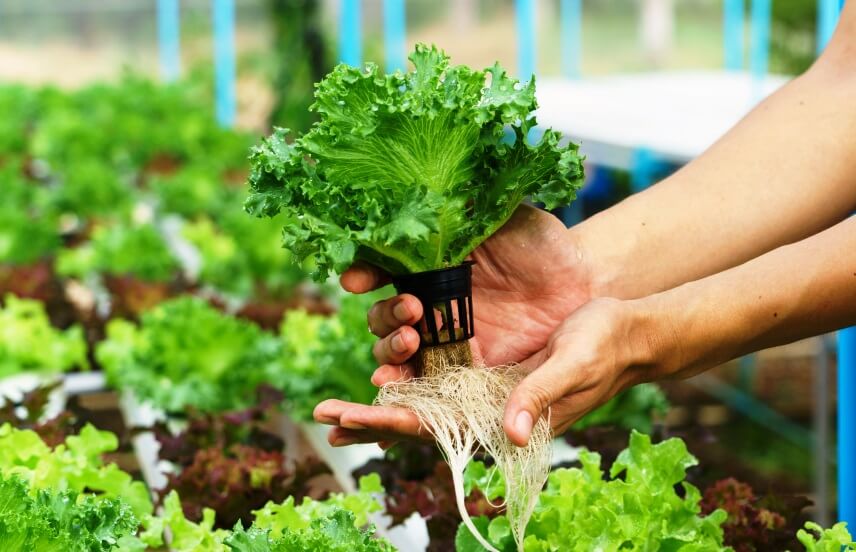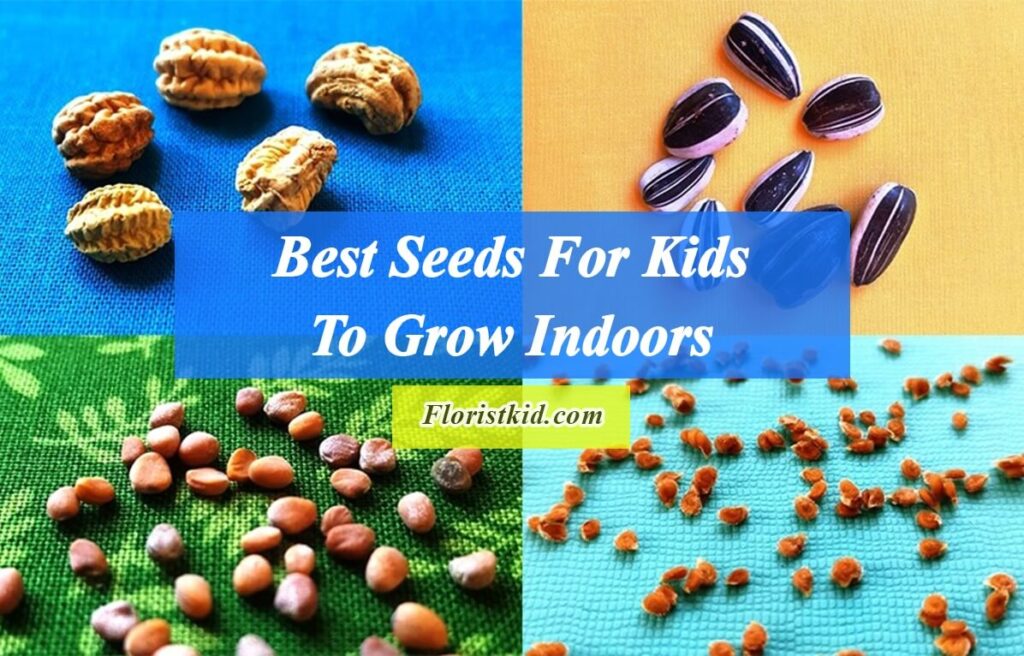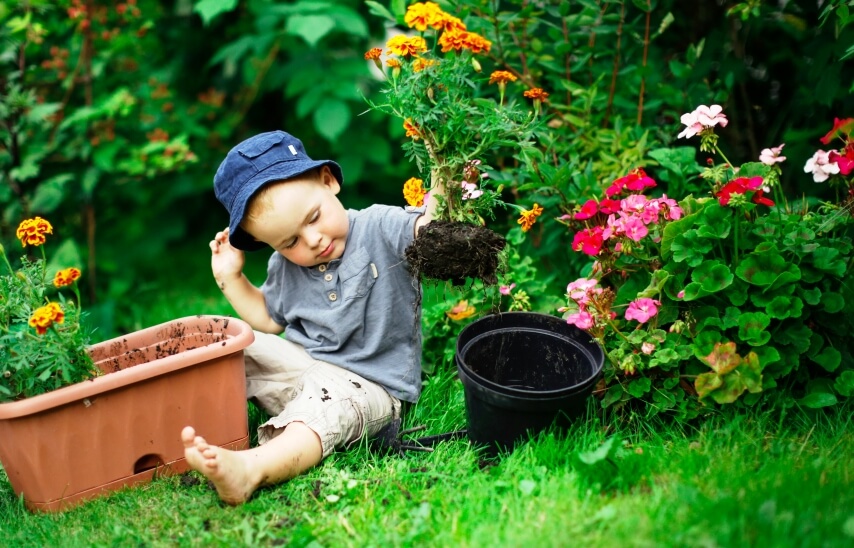In the modern era, climate change, economic crises, and food production have become the major concerns for every conscious human mind. In essence, maintaining sustainability in each industrial and non-industrial work system has become obligatory.
That’s why sustainable agriculture is a prime necessity. If we want to protect the environment, expand the earth’s natural resource base, and improve soil fertility, we must integrate every sustainable method for food production and food security.
Hydroponics, a subset of hydroculture, is a modern agricultural method for growing crops without soil. It’s revolutionary in the history of cultivation because growers don’t need the soil anymore, which was considered the inescapable element of farming. Instead, the water-based mineral nutrient solution is used.
In this article, we’ll explore the environmental benefits of hydroponics. So, you’ll learn how hydroponics is helping the environment compared to traditional soil-based cultivation.
Environmental Benefits of Hydroponics
What are some benefits of hydroponics? The major environmental benefits of hydroponics are water conservation, land conservation, preservation of natural ecosystems, Lower greenhouse gas emissions, elimination of pesticides and harmful chemicals, and more.
Here is a list of benefits of hydroponic systems that help the environment:
- Water conservation
- Land conservation
- Preservation of natural ecosystem
- Elimination of pesticides and herbicides
- Lower greenhouse gas emission
- Energy Efficiency
Water Conservation
Is hydroponics good for the environment in terms of water efficiency? The answer is a big yes. Hydroponic systems use 10 times less water compared to traditional soil-based cultivation. However, the PNAS (Proceedings of the National Academy of Sciences of the USA) highlights that approximately 85 percent of the total water resource in the world is used for conventional irrigation.
In a hydroponic system, the plant’s roots can directly access hydroponic nutrient solutions. As a result, it uses 98 percent less water than traditional farming. This dramatic reduction is achieved by recirculating nutrient solution and preventing water wastage through runoff.
The use of hydroponics in sustainable agriculture can help us to combat water scarcity.
Land Conservation
A hydroponic system doesn’t need any large space to grow plants. Whether you’re an indoor or outdoor grower growing in grow tents or indoor space. Hydroponics offers a solution by allowing crops to be cultivated in smaller spaces.
Data revealed that the hydroponic system requires 20 times less land than traditional farming for the same yield. This compactness not only conserves valuable land but also reduces deforestation and habit health-initiated healthier destruction.
Preservation of Natural Ecosystem
As the hydroponics system reduces land usage, it directly contributes to wildlife habitats, the protection of biodiversity, and the mitigation of deforestation.
The advantage of vertical farming is space efficiency, which is continuously implemented by growers in urban agriculture. Ultimately, it frees up space and helps to preserve the natural ecosystem.
Another hydroponic environmental impact is minimal soil disruption. By eliminating the need for soil, hydroponics reduce the negative impact on terrestrial ecosystems. Thus, hydroponics is helping our environment in many ways.
Elimination of Pesticides and Herbicides
To protect crops from pests and weeds, conventional farming largely depends on chemical pesticides and herbicides. These chemicals and pesticides can contaminate soil, water, turf, and other vegetation. Besides, the killing procedures of these pesticides can be toxic for beneficial insects, birds, and fish.
On the contrary, in the hydroponics system, growers maintain a controlled environment that minimizes the use of such detrimental chemicals. The nutrient balance, temperature of the grow room, water pH, humidity level, everything is fully controlled by cultivators. This eventually leads to cleaner soil and water, contributing to sustainable agriculture.
Lower Greenhouse Gas Emission
Hydroponics is better for the environment as it helps to reduce greenhouse gas emissions. The main greenhouse gases, carbon dioxide, and methane, are generated from fossil fuel combustion, deforestation, and agriculture. Hydroponics lowers the emission of these harmful gases and paves the way for sustainable agriculture.
Here’s how hydroponics helps to minimize the greenhouse gases:
About 13% of greenhouse gas emissions worldwide are a result of conventional farming. Changes in land use, emissions from the soil, and energy-intensive techniques mostly cause these emissions.
- The effective water and fertilizer delivery systems of hydroponics reduce the need for large machinery and overfertilization. It is expected to reduce carbon emissions by 70–90% when compared to traditional agriculture.
- The transportation of produce also contributes 10% of global greenhouse gases. The hydroponic system, however, is practiced locally in urban areas such as vertical farming or rooftop gardening for year-round cultivation of crops. That’s why carbon emissions associated with food production and distribution are significantly reduced.
Energy Efficiency
For sustainable agriculture, energy efficiency is crucial. To improve energy efficiency in a hydroponics system, gardeners have a chance to use many equipment and tools.
For instance, indoor gardeners can use LED grow lights that consume less electricity and produce less heat compared to traditional lighting. Besides, the use of timers and sensors, nutrient delivery, and ventilation systems make sure the resources are used only when necessary.
Furthermore, the use of renewable energy in hydroponics systems helps to promote sustainable agriculture. For instance, energy sources like solar panels or wind turbines can reduce carbon footprints.
Environmental Benefits of Hydroponics vs. Traditional Farming
In this section, we’ve added a comparison table on the environmental benefits of hydroponics and traditional farming. This will give you a quick overview of sustainable agriculture hydroponic systems.
| Environmental Benefits | Hydroponics | Traditional Farming |
|---|---|---|
| Water Efficiency | Uses significantly less water as water is recirculated and controlled. | Often uses more water due to runoff and inefficient irrigation methods. |
| Soil Conservation | It doesn’t need soil which reduces soil erosion and degradation. | Can lead to soil erosion, depletion, and loss of arable land. |
| Pesticide Reduction | It’s easier to control pests with fewer chemicals, reducing pesticide use. | Conventional farming often relies more on pesticides and herbicides which impact the ecosystem. |
| Reduced land usage | Can be practiced vertically or in smaller spaces. | Traditional farms may need large fields which may lead to habitat loss. |
| Seasonal Independence | Growers can produce crops year-round, reducing the reliance on seasonal factors. | Seasonal farming depends on weather, and it can lead to food scarcity. |
| Nutrient Recycling | Nutrient solutions can be recycled which can decrease nutrient pollution. | Traditional farms may contribute to nutrient runoff in water bodies. |
| Reduced Transportation | Can be located in urban areas, or closer to consumers which reduces the emissions of CO2 gas. | Frequently involved long-distance transportation which contributes to carbon emission. |
| Biodiversity Conservation | Indoor systems can protect plants from pests and diseases, preserving biodiversity. | Traditional farms may disrupt local ecosystems and damage wildlife. |
Frequently Asked Questions (FAQs)
In this section, we will answer your queries regarding sustainable agriculture and the environmental benefits of hydroponics.
What Is Sustainable Agriculture?
Sustainable agriculture is the practice of farming and producing food in a sustainable or eco-friendly way. The practice of sustainable farming ensures that our environment is habitable for future generations.
Is Hydroponics Environmentally Friendly?
Yes, hydroponic is an environmentally friendly and sustainable agriculture method that has changed the concept of conventional cultivation method. The use of a controlled environment, space-efficiency of vertical farming, water efficiency, and reduced greenhouse gas emissions are some of the eco-friendly benefits of hydroponics.
How Does Hydroponics Affect The Environment?
Hydroponics is a sustainable cultivation technique that grows plants without using soil. Instead, it uses water-based nutrient solutions to grow crops. Besides, hydroponics needs a significantly lower amount of water than traditional cultivation. Overall, it affects our environment positively by saving water and land usage, reducing the use of pesticides and herbicides, and producing sustainable crops.
Is Hydroponics Bad For The Environment?
Hydroponics isn’t bad for the environment. However, there are some limitations of hydroponics. For instance, high set-up costs, risk of water and electricity management, and periodic monitoring are some of the drawbacks of hydroponics systems. Still, if you’re practicing a commercialized hydroponics garden, then excessive use of energy for running the water pump and artificial lights may cause ecological issues and lessen the sustainable benefits of hydroponics.
The Bottom Line
The environmental benefits of hydroponics in the context of sustainable agriculture can not be overemphasized. The shortage of land indicates that we need an alternative to conventional farming. Hydroponics offers the possibility to shape the future of food production without the use of soil and vast fields.
Unlike any other technological invention, hydroponics is environmentally friendly. That’s why integrating it into sustainable food production will make a significant difference in the near future.

